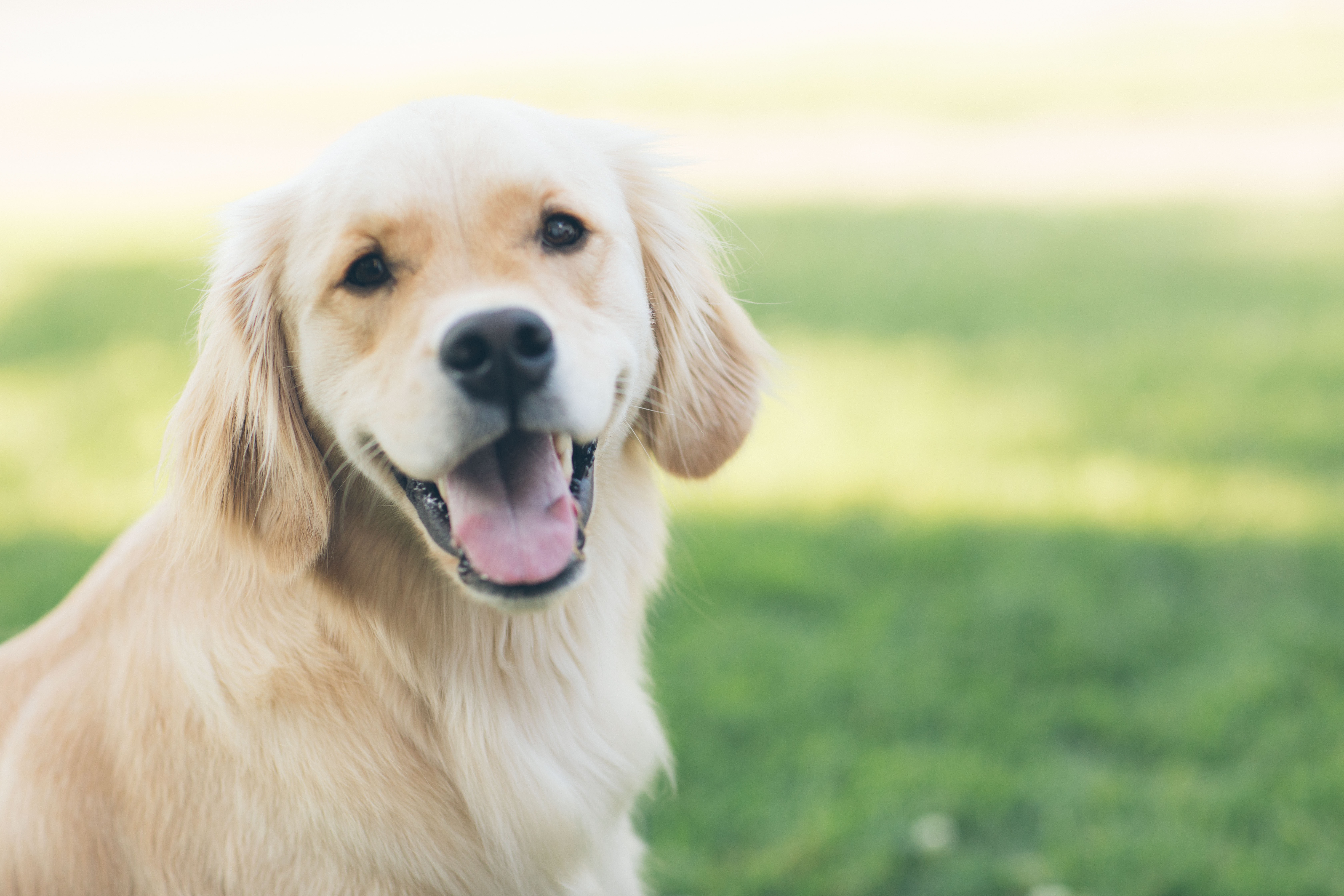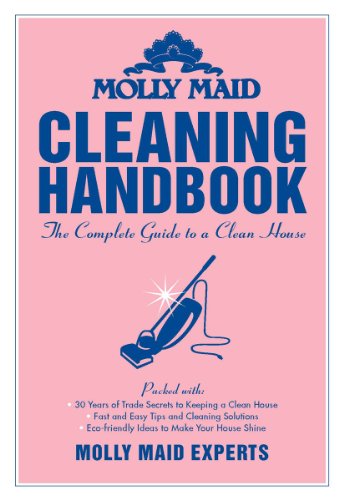
Dog Poop Disposal in the City is a Challenge
City sidewalks and perfectly appointed city parks have always posed a problem for city dwellers with pets. To poop and scoop is a pet owner’s promise and the manufacturing of green doggie poop bags has become a booming industry. But, is it the best choice? We examine all the options, looking at the pros and cons of each so you can make your own personal choice.
Tossing it in the Green Bin
Choosing to bag Fido’s mess in a biodegradable poop bag can be a “green” choice as long as it makes it to the right bin. Tossing it in a garbage bin means it’s headed for the landfill, which is less favourable. The conditions in landfills are anaerobic (devoid of oxygen) and anaerobic decomposition creates methane gas. Furthermore, poop in landfills can lead to water contamination which is why some landfills actually have a no-feces (dog or otherwise) policy. If possible, try to find a green bin. In fact, some cities are adding a green bin to their city disposal bins offering passersby a separate slot for garbage, recycling and dog poop!
Flushing Fido’s Business
This may sound strange but scooping dog poop straight into the toilet may be the most sustainable way to dispose of dog poop according to the EPA – if you can bring yourself to do it. Just be sure NOT to flush the bio-bag too. Even bags labelled “flushable” will clog plumbing or the city sewer. Most municipal water treatment facilities are equipped to process water containing fecal matter, and not surprising, dog waste is not terribly different from human waste. On a septic system? Check with the installer or manufacturer. And, never ever put dog poop down the storm sewer, as these often flow to our waterways (e.g., creeks and streams).
Composting Dog Poop
Many Canadians think this is the solution but it’s not as straightforward as you might think. There are things to consider before just throwing on your refuse heap. Experts stress that a commitment to pathogen testing and knowledge of the temperatures necessary to do it safely must be adhered. In fact, many experts prefer dog waste compost to be kept separate from other compost and used only on ornamental (not edible) gardens. While others recommend using a digester buried in your yard. Go online and do a little research before making compost your choice for disposing your pet’s waste.
In Vancouver, you can hire a private dog-waste collection company to take your pet’s poop right to the sewage-treatment plant. So, if you’d rather leave it up to the experts, see if there’s a company willing to help in your city.
Looking for more pet-frinedly tips, check out these great strategies to conceal unsightly pet gear. Link to MOLLY MAID cleaning tips.
Photo by: John Price on Unsplashed

